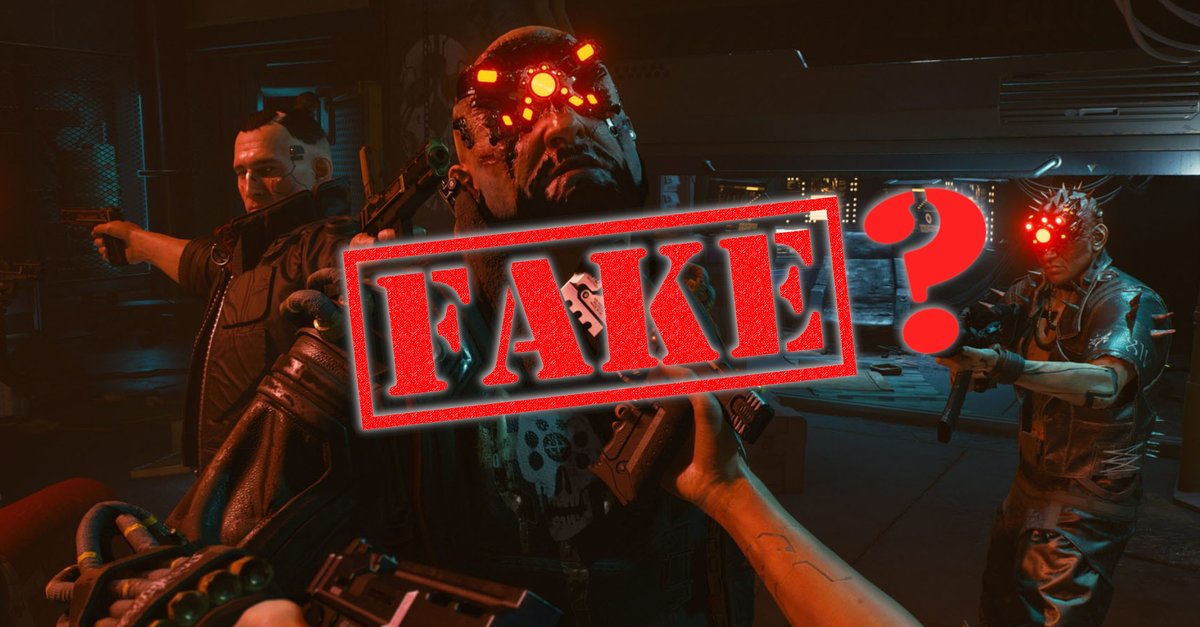Reporter exposes huge problems, developer comments
In a report on Bloomberg, journalist Jason Schreier sheds light on the turbulent development of Cyberpunk 2077 with inside information. The team is said to have been aware of the state the game was in when it was released and the E3 demo was a hoax.
Languages:German English
Release:12/10/2020
Platforms:Windows PC, Xbox One, PlayStation 4, PlayStation 5, Xbox Series X
The Cyberpunk 2077 gameplay demo at E3 2018 finally bought the ticket for the hype train for the game. Players were amazed at the ambitious role-playing game and its depth and scale. In a report by Jason Schreier for the website Bloomberg it now turns out: The demo was a fake. Schreier spoke to 20 current and former employees of CD Projekt Red about the immense problems in the development of cyberpunk.
“The Fake E3 Demo”
According to Schreier’s sources, the demo was almost entirely a hoax and was only made for E3. The code of basic game elements didn’t exist yet and the developers felt like they did Months wasted on the demothat they should actually put into the development of the game. Therefore, features that can be seen in the demo should not even be found in the finished game.
Too much game, too little developer and too little time
The developers interviewed for the report said the 500 employees weren’t enough to handle a project of this size. The rapid growth of the individual teams also caused problems with the organization. The bigger problem, however, was time. Cyberpunk 2077 was first announced in 2012, However, the right development did not start until 2016 and also removing features and reducing the size of Night City were not enough to get the game ready in time.
The developers also report a lot of overtime.
CD Projekt Red-Chef reacts
In a Twitter statement, CDPR boss Adam Badowski comments on the content of the article.
Badowski explains that the demo, as usual for public presentations, is only a “Work in Progress ”stand of the game and was clearly marked as such. Deleting some features and changing others is one thing normal process in the course of developing a game. He also points out that the PC version of the game gets good ratings and that the problems of the last-gen consoles are being worked on.
In his opinion, 20 largely anonymous and partly former employees are not representative of the team of 500 people.
Schreer’s article ends on a positive note, however. With No Man’s Sky, Final Fantasy XIV and Destiny he names examples of releases that were thrown into the sand, but after a few patches they became good and popular games.




